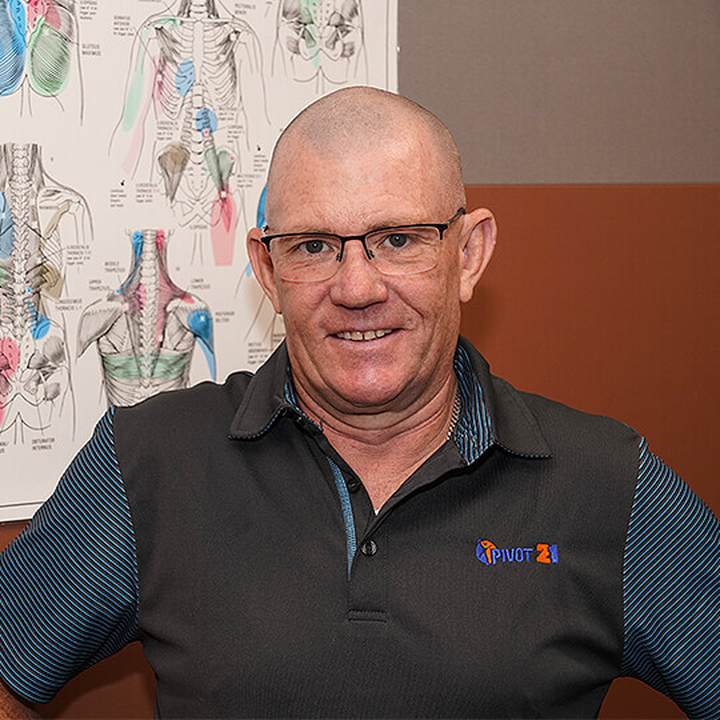Feeling the grind

Scott Davis, one of our Physiotherapists, shares the facts on Osteoarthritis - symptoms, prevention, and treatment.
How can seeing a physiotherapist help manage pain and Osteoarthritis?
Osteoarthritis (OA) is the most common joint condition and can be quite debilitating for people who suffer from this. It can affect any moveable joint in the body but is most commonly found in the knees, hips, and hands/fingers. Physiotherapists can help people understand this condition as it is often unknown to many people and there are a lot of myths or false information surrounding OA that tend to create fear of movement in people that leads to a sedentary lifestyle. Physiotherapists provide people with advice and education on pain relief strategies and different ways to manage the pain associated with OA. Physios teach people to manage their symptoms and help them to improve joint function along with developing a patient-centered strength program which through highly researched evidence is the first line of treatment for the condition.

Can seeing a physiotherapist prevent osteoarthritis from developing, or stem its severity?
There are a lot of beliefs in the population that as we get older that most people will develop OA. This belief is not true if people adopt a lifestyle of some sort of physical activity in their daily or weekly life. There are some risks factors for OA which are: previous joint injury, overweight or obesity age, being female or family history; however, In my experience people who lead a healthy lifestyle and engage in some sort of physical activity program will be less likely to develop OA symptoms or be able to control the symptoms that they already have. In my experience, people who have already been diagnosed with OA are not well educated on the condition or what can be done to help them. Seeing a physio who can help educate them on the risk factors and the importance of exercise as the first line of treatment is pivotal in stemming the advancement of OA in individuals.
How will engaging with a physiotherapist improve my daily life?
Physiotherapists can help people manage, understand and improve people's daily lives through highly researched evidence. Physiotherapists who have an interest in managing pain are well-placed to provide education on the complexities of pain and how the nervous and immune systems work. When people go to see a physiotherapist, they will conduct a thorough assessment of the possible contributors to their pain. These may include the strength and flexibility of the body, their goals and personal situations, and their understanding and the expectations they have regarding their pain. The physiotherapist will then assess the impact that their pain is having on their life and educate them on the difficulties. Education gives patients a better understanding of their pain and from there a tailored plan can be developed.

Can a Physiotherapist help me to build muscle strength?
Physiotherapists have a special skill set in being able to identify, assess, and correct muscle strength deficits. A Physiotherapist can help you achieve your functional goals by tailoring a progressive strength program for you. A gym-based program can be prescribed however if the gym is not for you a home-based body weight program can be provided.